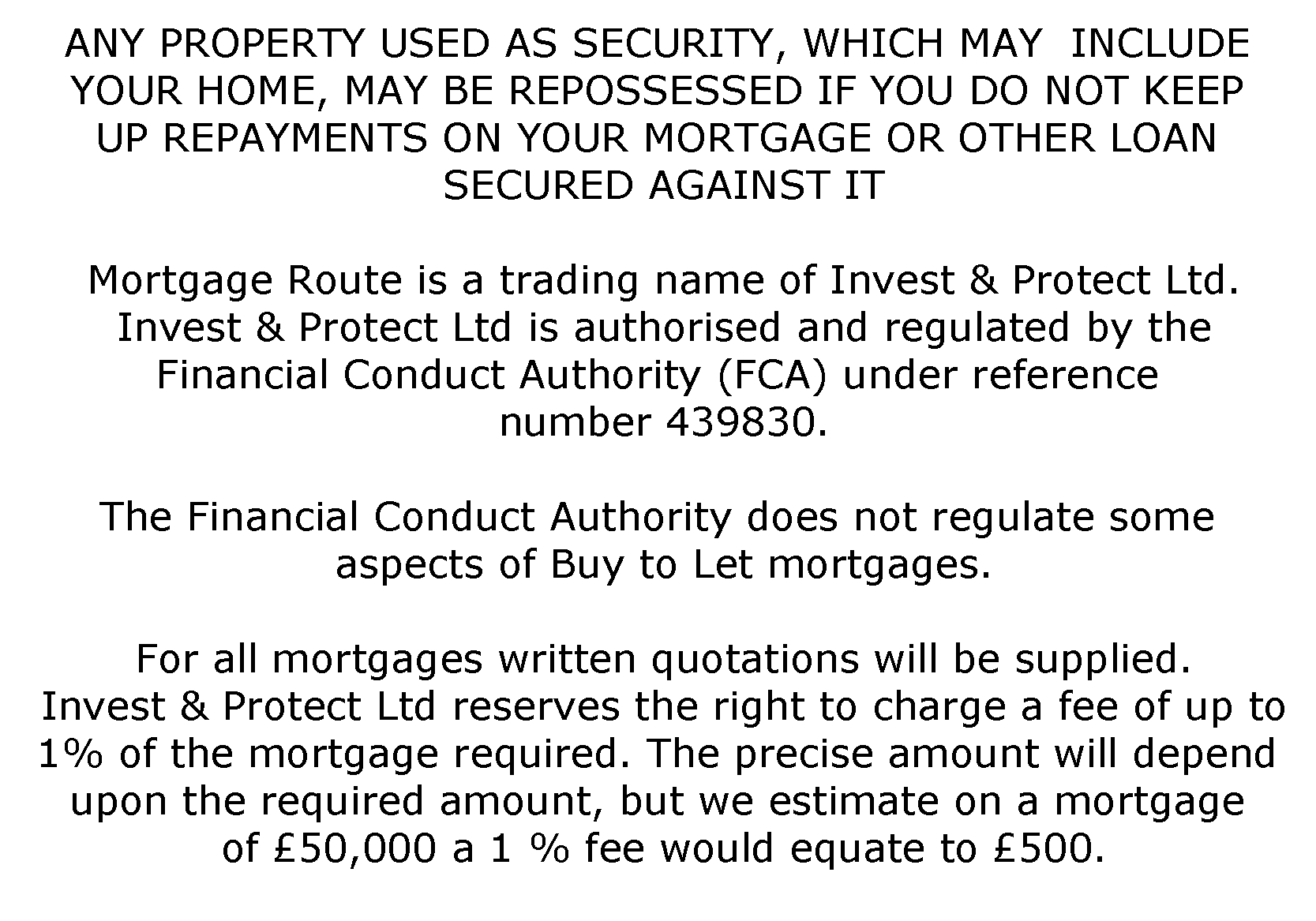|
A
B
C
D
E
F
G
H
I
J
K
L
M
N
O
P
Q
R
S
T
U
V
W
X
Y
Z
Letter L
Legal charge
Legal charge is the legal means by which lenders register their rights in
relation to the property, which means that, should the borrower default on the
mortgage, then the lender will be able to take possession of the property. The
legal charge is recorded at the land registry.
There are various different types of legal charge and the type used will vary
from lender to lender. Building Societies tend to use a charge for the specific
amount that they have lent. Banks tend to use an all monies charge, allowing
them to free equity in a property if it is owned by them. This may allow them to
recover overdrafts and other loans if they have granted more than just a
mortgage.
A primary mortgage will normally be secured by a first legal charge. Building
societies are allowed to lend only if they have a first charge on a property.
Second or subsequent charges may be granted on a property if additional money
has been borrowed against it.

|

